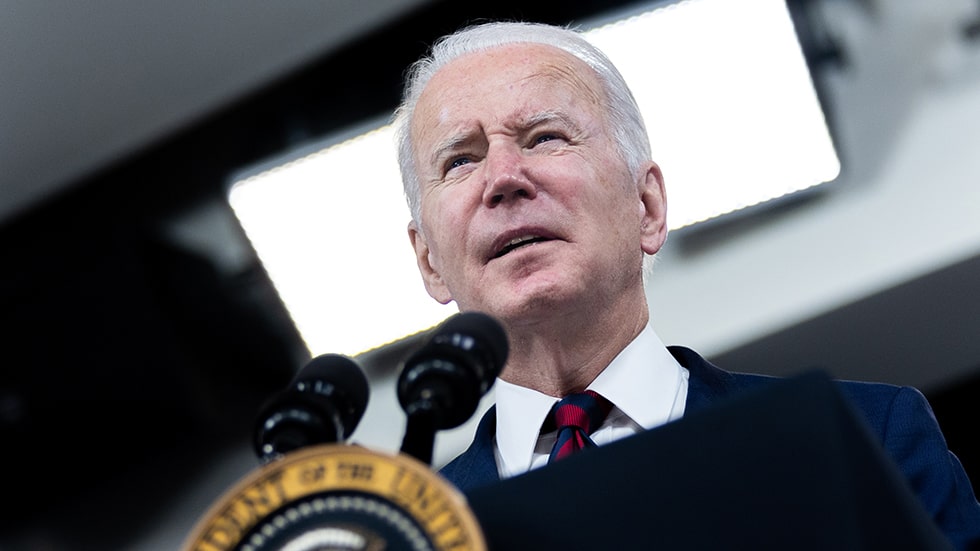Gun Crimes
What Biden’s deeply troubling asylum limit means for the economy
Despite celebrating its positive strides on issues as important as the climate crisis and effective multilateralism, I am deeply troubled by the Biden administration’s latest proposal to limit access to asylum.
A decision seemingly born of an electoral calculus, it neither benefits the United States nor its relationship with countries throughout Latin America and the Caribbean at what should be a time of unrivaled opportunity despite very real challenges.
Biden’s turn to robust industrial policy is bringing jobs back, for the well-being — and pride — of the United States, as he himself said in the State of the Union. According to the U.S. Labor Department, however, the country faces a declining labor force and the U.S. Chamber of Commerce is warning “we hear every day from our member companies — of every size and industry, across nearly every state — they’re facing unprecedented challenges trying to find enough workers to fill open jobs.” If the objective is to spur economic growth fueling the creation of good-paying jobs, the United States should be expanding legal pathways for migration, not shrinking them.
The new limits on asylum also fly in the face of the Los Angeles Declaration on Migration and Protection adopted at last year’s Summit of the Americas. The declaration marked a turning point, with the United States recognizing migration management as a shared responsibility for the first time. The declaration’s holistic approach is essential to finding sustainable solutions given the economic and migration realities in the Americas today.
A growing U.S. economy with low unemployment has traditionally been one of the most reliable predictors of migration from Latin America and the Caribbean to the United States. This dynamic has been even more pronounced when it coincides with periods of economic stagnation — or worse — in Latin America and the Caribbean like we face today. To make matters more complex, human mobility across the region is being driven only in part by economics, as millions flee authoritarian regimes or failed states in Venezuela, Cuba, Nicaragua and Haiti while others are displaced by the accelerating climate crisis, among other factors.


I needed to thank you for this excellent read!! I definitely enjoyed every little bit of it. I have you book marked to check out new things you postÖ
I’ve learned so much from this blog and have implemented many of the tips and advice into my daily routine Thank you for sharing your knowledge!